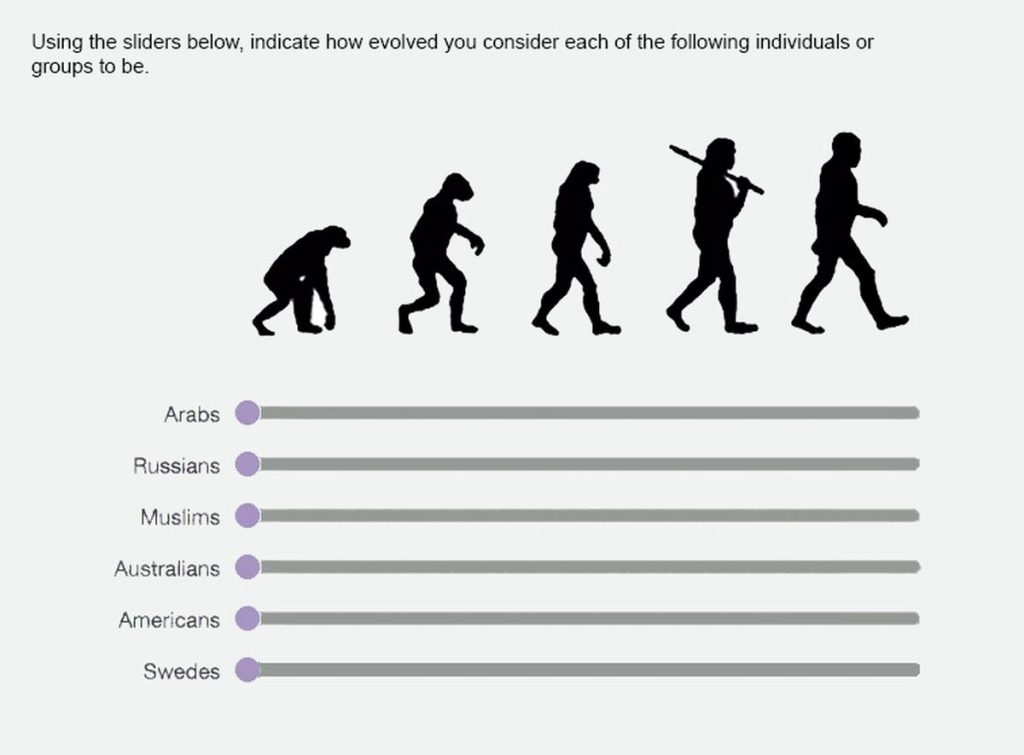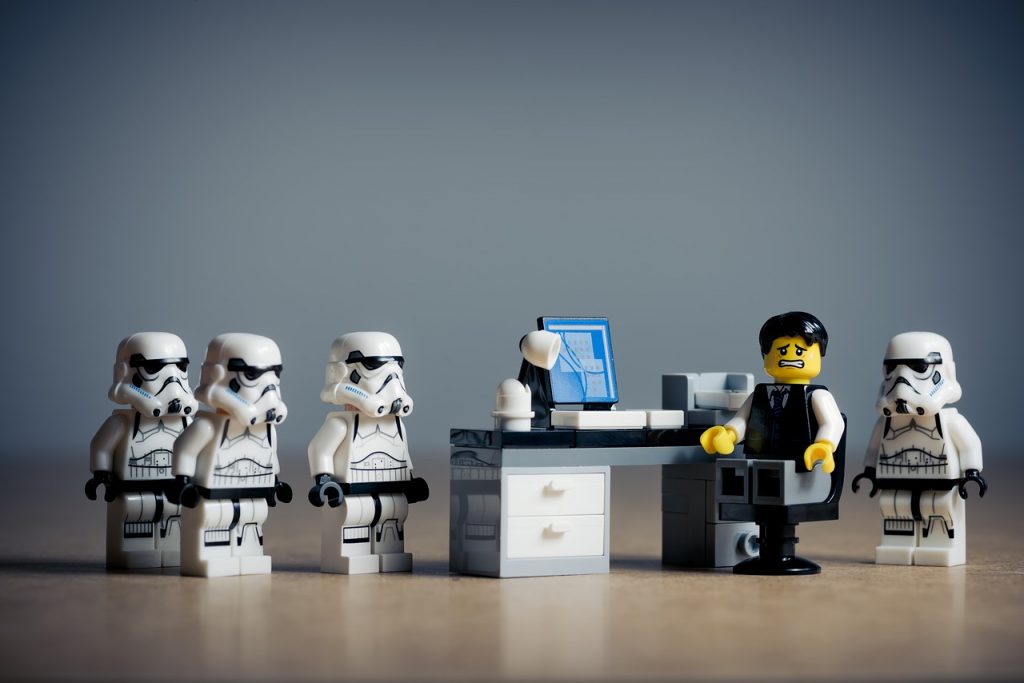The Employees Who Serve You
A smile is a curve that sets things straight. — Anonymous

You’re a human, too.
For most who have been a waiter or waitress, masseuse or cashier clerk, the patrons relying on your service often treat you like a machine. But just because someone receives a wage for their work, it doesn’t mean they should receive any less respect than the patron themselves would expect.
Yet even still, consumers frequently dehumanize the help.
DEHUMANIZATION

And how do you think this perception influences behavior?
Although both history and present day society are full of terrible examples of people being dehumanized like this (e.g., Jewish people, Black Americans, women), recent work shows that more subtle forms of dehumanization happen on a daily basis.
But, from social scientists to ethicists, the only way to achieve a truly just and civil society is to recognize the innate humanity in all people. And in the service industry, we have a lot room to improve.
THE PRICE CONSCIOUS CONSUMER

For most of our lives, we operate within a “moral economy.” That is, we engage in interactions with others that typically follow normatively approved (i.e., moral) exchanges with one another. For example, we often follow “the golden rule” when interacting with friends and family.
In contrast, when we’re shopping or buying things, we operate within a “market economy.”
When making financial transactions, we understand that both the business as well as ourselves are trying to maximize our self-interest. Thus, rather than acting off the moral compassion that guides most of our lives, in the consumer world, we just want to get the best deal possible.
And the more focused you are on getting “the best deal,” the more likely you are to dehumanize the people involved with getting it for you.
As one way of testing the above statement, researchers compared two popular airlines in Europe: one known for discount flights and another known for full service flights. Presumably, those most likely to seek “the best deal,” would be those purchasing from the cheap airlines.
The researchers then analyzed about a 1,000 reviews for each airline, and they found that the reviews for the discount flights used more dehumanizing language toward the employees than the reviews for the full-service flights.
Of course, this study is only a correlation (and you should know how I feel about those), so in follow up studies, researchers had participants engage in a fictional interaction with an employee for either a thrifty or full-service car rental establishment.

First, the researchers found that participants were more likely to dehumanize the employee working for the thrifty car rental (as these participants are more focused on getting the best deal possible). And as a result of this dehumanization, these participants were more likely to desire that the employee be punished by the company for hanging up on them.
Now, although they the researchers didn’t assess the participant’s direct behavior toward the employee (the punishment came as a recommendation to the company), we can guess that those consumers were probably ruder and less kind than the should’ve been.
THE TAKEAWAY
In sum, the more we’re focused on being consumers trying to get the best deal for our purchases, the more likely we are to focus on our own needs, seeing others as simple means to our own ends.
So, the next time you’re dining out, buying groceries, or making any other kind of transaction that relies on people to help provide you that service, remember, they’ll be going home with similar feelings and aspirations and memories as you.
We’re all in this together.
Humanely
jdt
Everyday Psychology: With yesterday being July 4th (sorry for not sending this post out yesterday; the holiday got the better of me!), many stores and service centers were closed for the holiday, but can you think of other instances where we might be prone to engaging in this everyday dehumanization? Although we may not always be trying to purchase things from others, we do regularly want to “maximize our own self-interests” in interactions with others. For example, if you’re trying to persuade someone for selfish reasons, may you be more likely to dehumanize them? Or if you were trying to get the best seat for the fireworks, may you dehumanize those around you? Be aware of your perceptions of others, because it will likely influence your behaviors (and they’re subsequent perceptions of you).
Henkel, A. P., Boegershausen, J., Hoegg, J., Aquino, K., & Lemmink, J. (2018). Discounting humanity: When consumers are price conscious, employees appear less human. Journal of Consumer Psychology, 28(2), 272-292.







One Comment
Comments are closed.